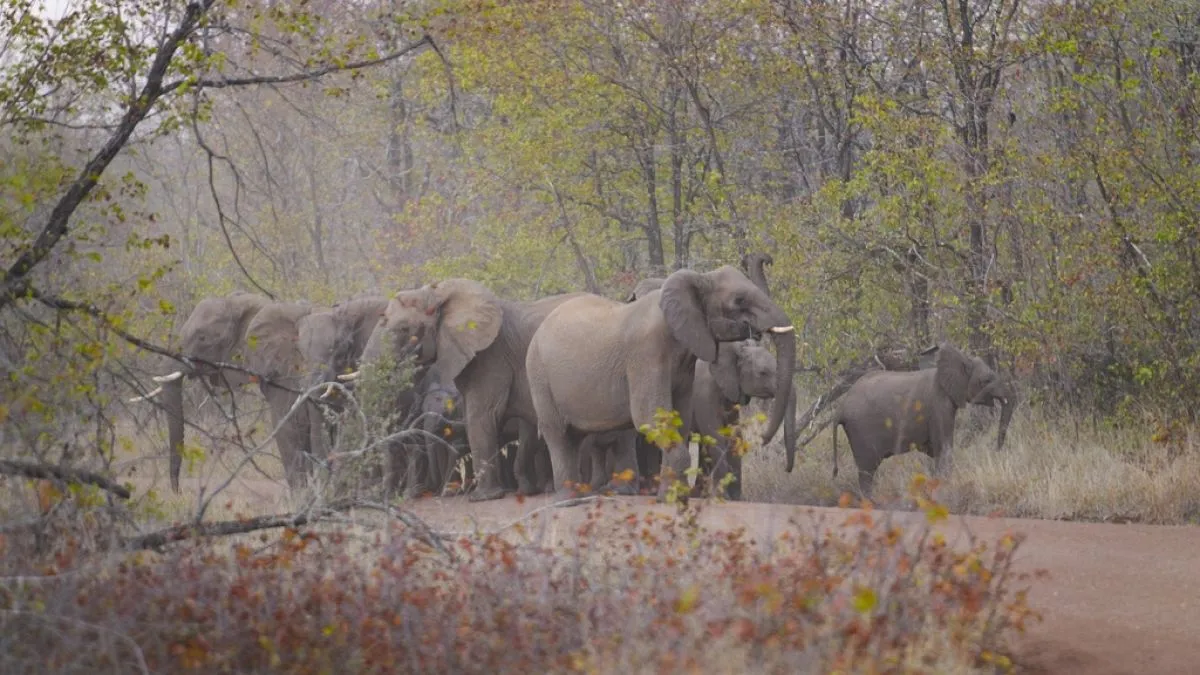Zimbabwe's Drought and the Decision to Cull Elephants

Zimbabwe’s Drought Crisis
Zimbabwe is grappling with a grave drought that has decimated its agricultural output, leading to widespread food insecurity.
Culling Elephants for Survival
In an unprecedented move, the Zimbabwean government has announced the culling of 200 elephants to address the dire food shortages. This decision comes as the nation seeks to balance wildlife preservation with the immediate survival needs of its citizens.
Implications and Perspectives
- Wildlife Conservation Debate: The culling raises significant ethical questions about managing wildlife populations in times of crisis.
- Community Impact: Local communities are affected, as elephants are both a resource and a threat to their livelihoods.
- International Reaction: Conservationists worldwide are alarmed, fearing the impact on Zimbabwe's ecological balance.
Conclusion
Zimbabwe’s decision to cull elephants reflects a critical crossroads where environmental priorities meet the urgent human need.
This article was prepared using information from open sources in accordance with the principles of Ethical Policy. The editorial team is not responsible for absolute accuracy, as it relies on data from the sources referenced.